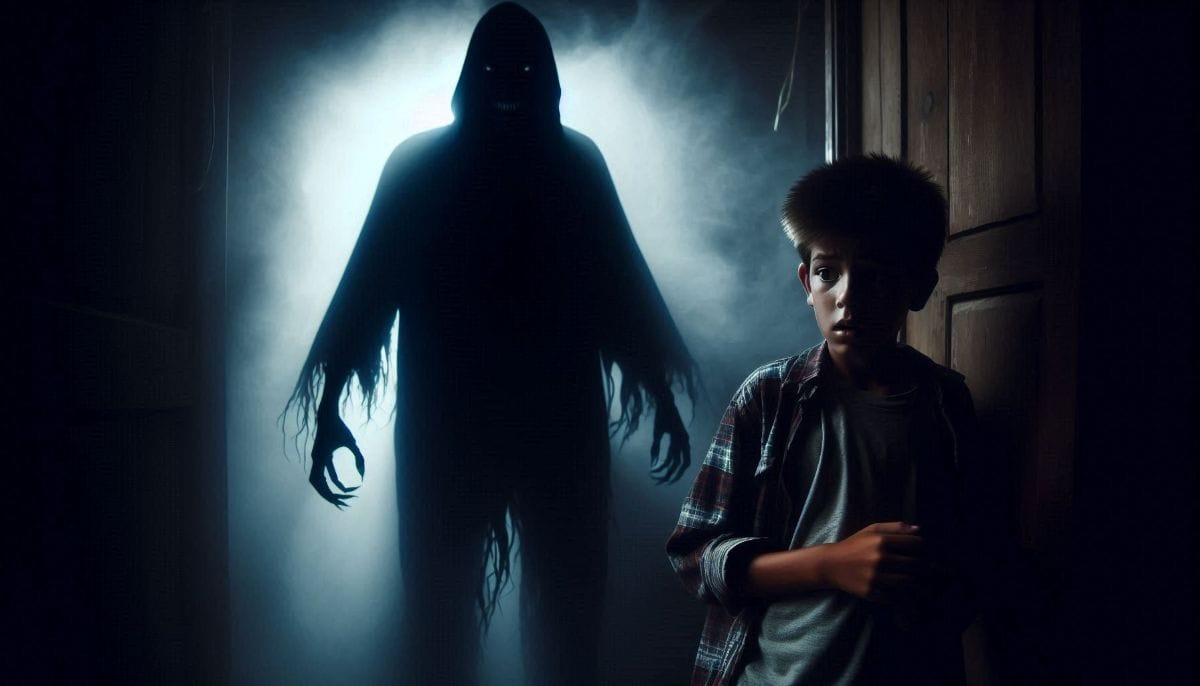The Night the Shadow Walked
A young boy witnesses a mysterious, shadowy figure walking across their family's property one night. Despite the family's disbelief, the boy insists on what he saw, describing the figure in detail. The figure vanishes as suddenly as it appeared, leaving the boy and his family with a haunting memory.

I was about eight or nine years old when this story unfolded, but it might as well have been a hundred years ago given the way it lingers in my mind. It was late autumn, that season when the chill bites just hard enough to remind you that winter is nipping at its heels. The walnut trees that surrounded my parents' house had already shed their leaves, carpeting the ground with brittle reminders of summer’s end. These walnut leaves had a way of rustling underfoot, creating a soundtrack that was as eerie as it was enchanting.
To set the scene properly, let’s take a step back and survey the lay of the land—our family estate, if you could call it that, although it was more of a slightly organized sprawl. On one side of the dining room was a door that led to a small cement patio. To the left, an old, dry water well stood, covered in cracked stone and iron-rusted chains—a relic from another time that served no real purpose other than to add a faint sense of foreboding. On the right, a solid wall stretched out, creating a sort of natural hallway. Down that hallway, about four meters or so, stood a humble two-by-two wooden shed with a pitched roof. It was home to a collection of mismatched tools, from rusted shovels to splintered handles, all piled together like cast-off memories.




